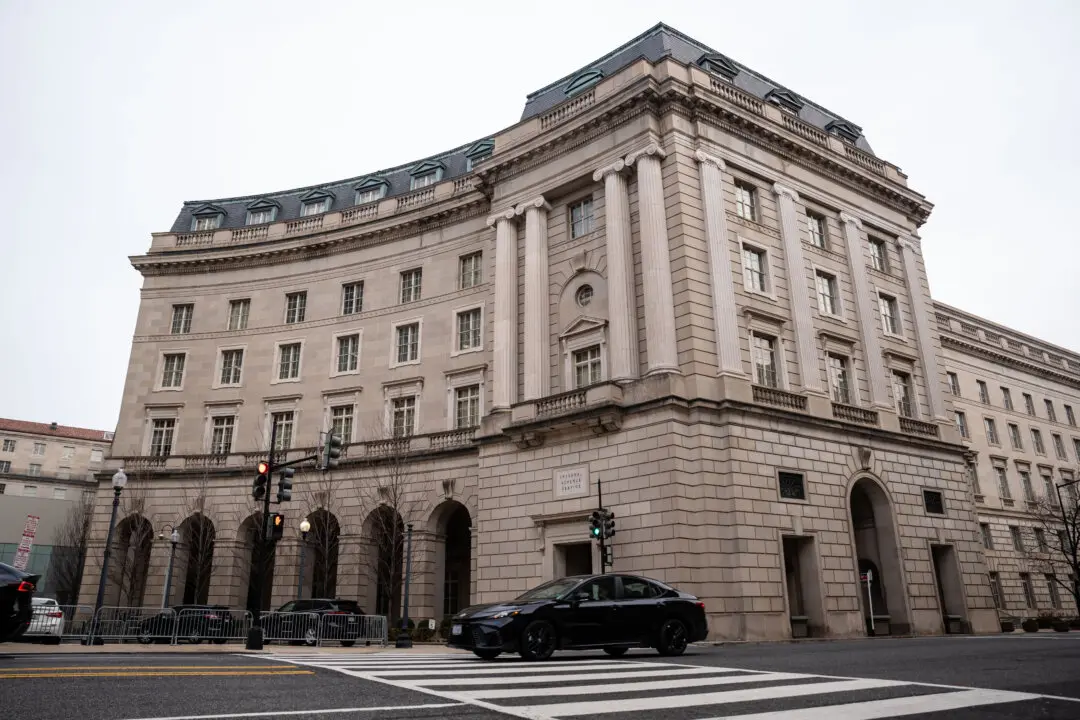Supreme Court Justice Samuel Alito, in issuing an order Friday striking down Roe v. Wade, said that abortion presents a “profound moral question” and notes that the “Constitution makes no reference to abortion.”
“We end this opinion where we began. Abortion presents a profound moral question,” he wrote, in part, for the majority (pdf). “The Constitution does not prohibit the citizens of each State from regulating or prohibiting abortion. Roe and Casey arrogated that authority,” referring to the 1992 decision, Planned Parenthood v. Casey, which was also struck down Friday. “We now overrule those decisions and return that authority to the people and their elected representatives.”





